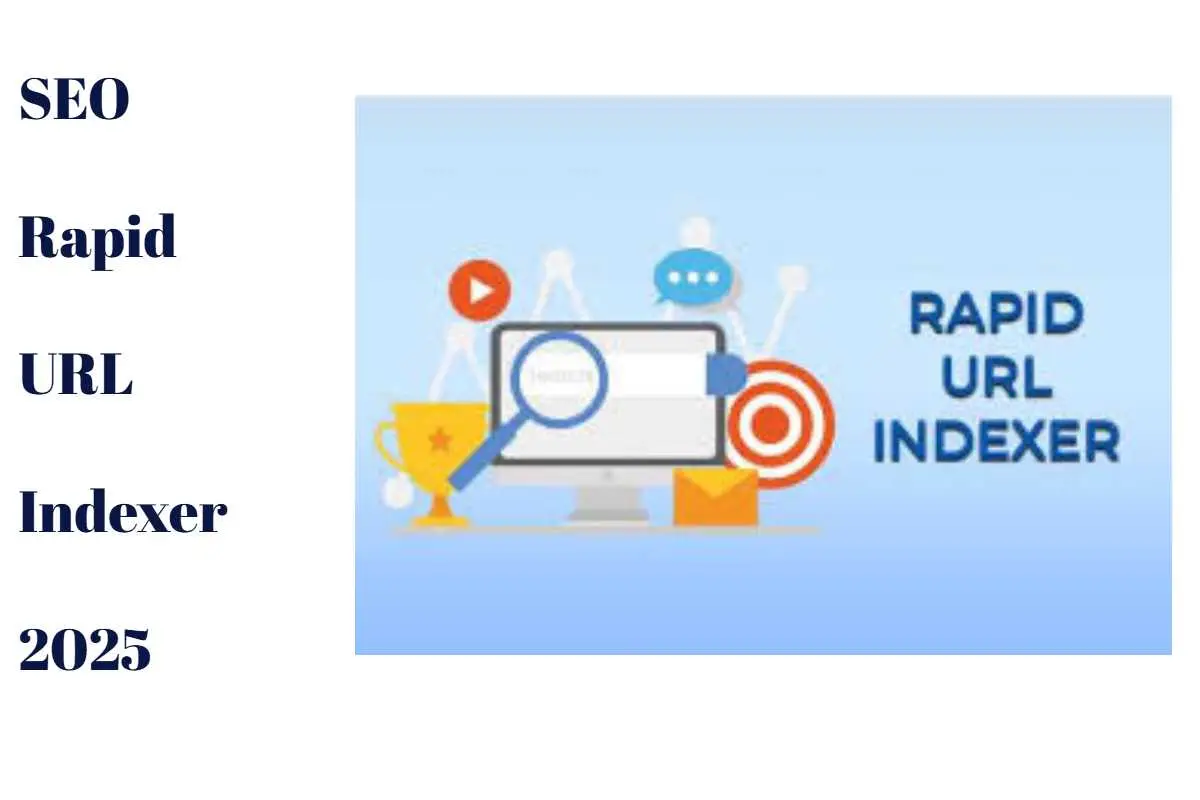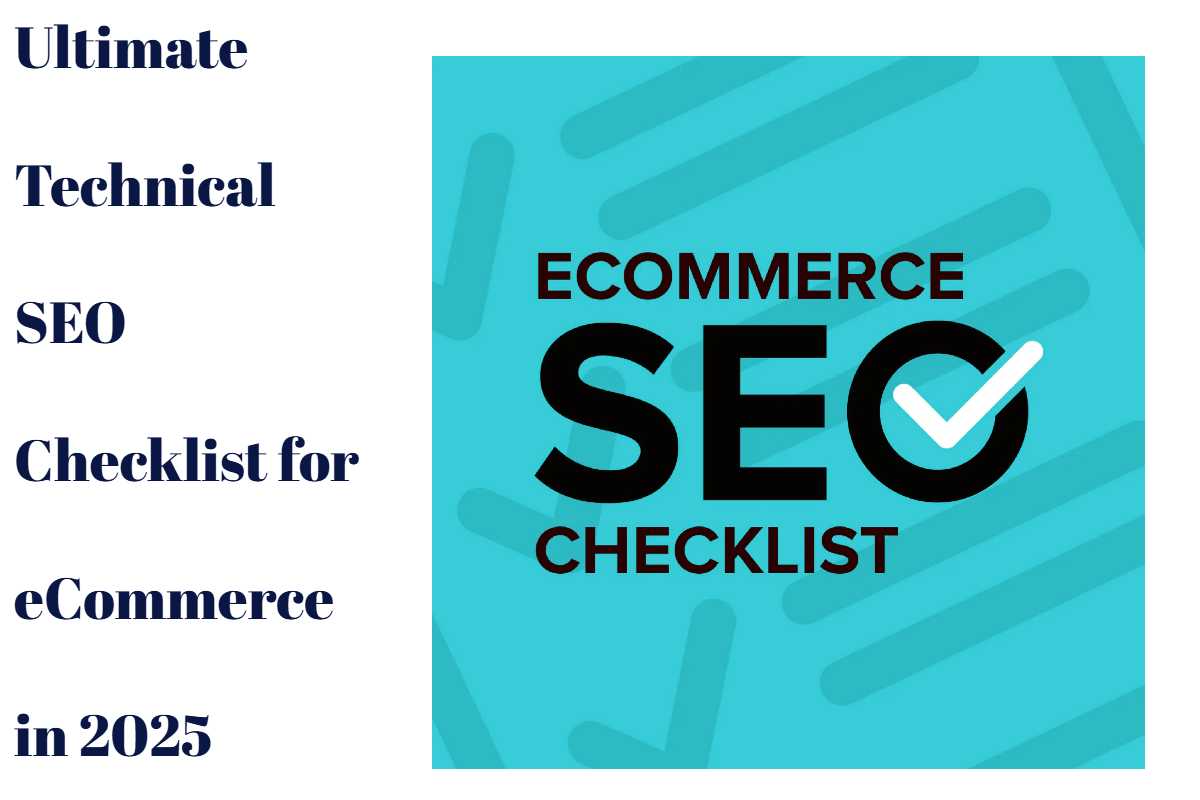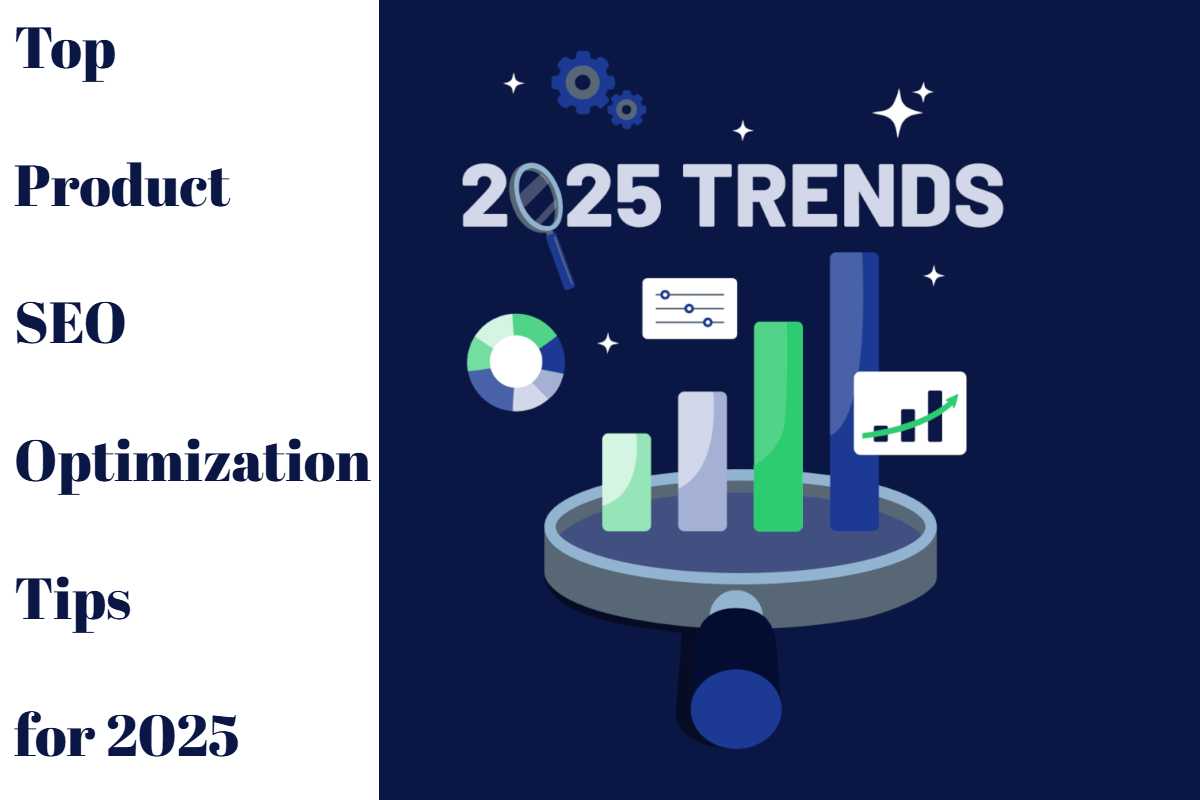Launching a new business website in 2025? Congratulations — but your work isn’t done. In today’s highly competitive digital world, building your site is just the beginning. If people can’t find your website on search engines like Google, it won’t drive leads or sales. That’s where SEO (Search Engine Optimization) comes in.
This comprehensive guide will walk you through everything you need to know about SEO for new business websites — from keyword research to technical SEO, link-building strategies, local SEO, and more. Whether you’re a startup founder, small business owner, or digital marketer, this 2025 guide is for you.
1. What is SEO and Why Is It Crucial for New Businesses?
SEO (Search Engine Optimization) is the process of improving your website’s visibility in organic (non-paid) search engine results. In 2025, SEO remains one of the most cost-effective digital marketing channels, especially for new businesses with limited budgets.
Benefits of SEO for New Businesses:
-
Drives targeted traffic from search engines
-
Builds credibility and trust with users
-
Delivers long-term ROI
-
Supports branding and awareness
-
Reduces dependency on paid ads
2. Keyword Research for a New Business Website
Keyword research is the foundation of every successful SEO strategy.
How to Do Keyword Research in 2025:
-
Use AI-based tools like Google Keyword Planner, Semrush, Ahrefs, and Ubersuggest
-
Focus on long-tail keywords (e.g., “best organic skincare for dry skin”)
-
Include buyer intent keywords like “buy,” “services,” “near me”
-
Analyze competitor keywords using tools like SpyFu or Semrush
Pro Tip:
Avoid high-competition keywords initially. Target lower-volume, low-competition keywords for faster results.
3. On-Page SEO Best Practices
On-page SEO refers to the optimization of content and HTML elements on your site.
Key Elements to Optimize:
-
Title Tags: Include your primary keyword naturally
-
Meta Descriptions: Write compelling descriptions under 160 characters
-
Headings (H1 to H6): Use headings to structure content and include keywords
-
Image Alt Text: Describe images with relevant keywords for accessibility and SEO
-
Internal Linking: Link to other pages on your website to improve crawlability
-
URL Structure: Keep it short, clean, and keyword-rich (e.g.,
yourdomain.com/seo-for-startups)
4. Technical SEO Essentials for New Sites
Without a technically sound website, Google may not index or rank your pages properly.
Must-Do Technical SEO Checklist:
-
Submit your sitemap.xml to Google Search Console
-
Fix crawl errors and broken links
-
Set up robots.txt to guide search engine bots
-
Ensure your site is HTTPS-secured (SSL)
-
Use structured data (Schema markup) to enhance SERP appearance
-
Optimize your site for Core Web Vitals (page speed, visual stability, interaction)
5. Local SEO Optimization for 2025
If your business serves a local audience, Local SEO is non-negotiable.
Local SEO Tactics:
-
Create and verify a Google Business Profile (GBP)
-
Add accurate NAP (Name, Address, Phone number) across all listings
-
Encourage positive reviews on Google and other platforms
-
Optimize for “near me” and city-based keywords
-
List your business on local directories like Yelp, Bing Places, and Yellow Pages
6. Content Strategy for New Websites
Content is still king in 2025. Google ranks websites that offer valuable, original content.
Types of Content to Create:
-
Blog posts targeting specific search queries
-
Service pages optimized for primary business offerings
-
FAQs pages to rank in featured snippets
-
Location pages for each city/area you serve
-
Pillar content (long, in-depth articles) and topic clusters
Content Tips:
-
Update outdated content regularly
-
Optimize for search intent (informational, navigational, transactional)
-
Add multimedia (images, videos, infographics)
7. Link Building: How to Gain Authority in 2025
Backlinks are still a top ranking factor in 2025. But quality matters more than quantity.
Safe Link-Building Strategies:
-
Guest posting on niche blogs
-
HARO (Help A Reporter Out) for media links
-
Local sponsorships or partnerships
-
Creating shareable content (e.g., statistics, infographics)
-
Broken link building to replace dead links on relevant sites
Avoid buying links or participating in shady link schemes. These violate Google’s policies.
8. Mobile SEO and Core Web Vitals
With over 70% of traffic coming from mobile devices, mobile-first SEO is a must.
Mobile SEO Checklist:
-
Ensure your site is mobile responsive
-
Use large, easy-to-tap buttons
-
Optimize page speed using tools like Google PageSpeed Insights
-
Prioritize Core Web Vitals (LCP, FID, CLS)
Google uses mobile-first indexing, which means it ranks your site based on the mobile version.
9. Common SEO Mistakes New Businesses Make
Avoid These SEO Pitfalls:
-
Ignoring keyword research
-
Not having a blog or content plan
-
Using duplicate or thin content
-
Failing to optimize images
-
Not submitting a sitemap
-
Overlooking technical errors
-
Expecting overnight results
SEO takes time — but consistency pays off.
10. SEO Tools Every New Business Should Use
Free & Paid Tools:
-
Google Search Console: Track indexing, performance, and issues
-
Google Analytics 4: Analyze traffic and user behavior
-
Yoast SEO / RankMath (WordPress): On-page SEO help
-
Semrush / Ahrefs / Ubersuggest: Keyword, backlink, and competitor research
-
Screaming Frog: Technical site audits
-
Surfer SEO / Clearscope: Content optimization
Use these tools to stay competitive and data-driven.
11. Tracking Success: How to Measure SEO Performance
You can’t improve what you don’t measure.
Key SEO KPIs:
-
Organic traffic growth
-
Keyword rankings
-
Bounce rate and dwell time
-
Number of indexed pages
-
Backlink profile
-
Conversion rate from organic search
Set up Google Analytics goals and track conversions tied to SEO.
Read Also:- ORM in Digital Marketing 2025: The Ultimate Guide to Online Reputation Management
12. Final Thoughts: SEO is an Ongoing Process
Launching your website is just the first step. In 2025, SEO is not a one-time task — it’s an ongoing investment in your business’s future.
Focus on providing value, creating helpful content, earning backlinks, and keeping your site technically sound. Over time, your efforts will be rewarded with higher rankings, more traffic, and ultimately, more customers.
13. Frequently Asked Questions (FAQs)
Q1. How long does it take for a new website to rank on Google?
Answer: It typically takes 3 to 6 months for a new site to start ranking, depending on competition, SEO efforts, and domain authority.
Q2. What are the most important SEO tasks for a new business?
Answer: Keyword research, on-page optimization, mobile responsiveness, content creation, and local SEO are essential for beginners.
Q3. Is it necessary to hire an SEO agency?
Answer: Not always. Many tools and tutorials make DIY SEO possible. However, hiring an agency can speed up results and avoid costly mistakes.
Q4. Can I do SEO without a blog?
Answer: You can, but blogging significantly boosts SEO by targeting long-tail keywords and answering user queries.
Q5. Does social media help with SEO?
Answer: Indirectly, yes. While social signals don’t directly affect rankings, they can increase content visibility and attract backlinks.
Q6. What is mobile-first indexing?
Answer: Mobile-first indexing means Google predominantly uses the mobile version of your site for indexing and ranking.
Q7. Should I focus on Google only?
Answer: Focus mainly on Google, as it holds over 90% market share, but don’t ignore Bing and local directories for broader visibility.














